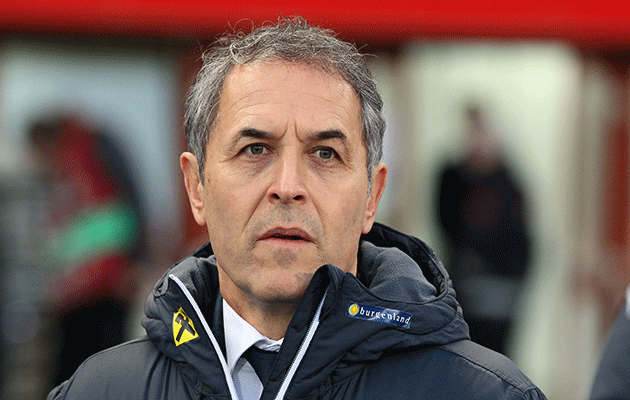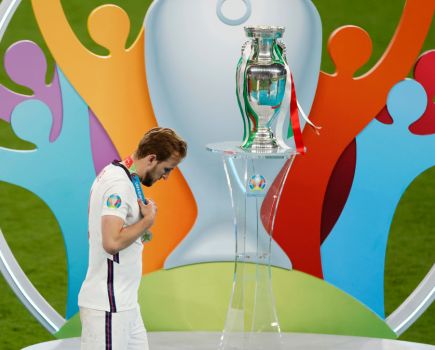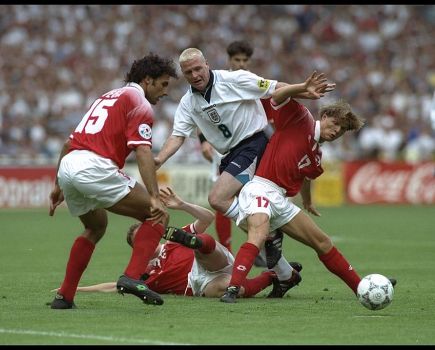World Soccer: Are you expecting to fight for second place, behind Portugal but in front of Hungary and Iceland?
Marcel Koller: Of course that is always theoretical; in practice it is often different. Let’s put it like this: it is better for us that we are in this group. There could have been more unpleasant groups, but our opponents will think the same: Iceland and Hungary probably see it in a similar fashion.
What would be success in France?
You can see small steps forward as success; for example, if we qualify for the knockout stage. Then it also depends on who your opponent will be. If you have a little bit of luck you can get through; if you’re a bit unlucky you can get knocked out. You can give everything and still lose, that is the problem with football.
What have your preparations been like?
I’ve watched 62 games of our opponents and I am preparing as well as I can for everything. In a tournament you also need the rub of the green. There are many things that you cannot plan ahead for.
What does the current FIFA ranking of 11th mean for you?
When I started here, in November 2011, we were ranked 72nd. We take this as recognition of what we have achieved. The manner in which we played throughout the qualifiers shows that we have become much closer to the top teams in the world.
The last time Austria played in a major finals was in 2008. Will a lack of big-tournament experience be a problem?
The only difference during a tournament is that we play several games in a row, so the recuperation process is very important. But the football won’t change and the stadiums are like hundreds of other stadiums throughout the world. The players don’t have to play any differently than they normally play. We have to make sure we’re in control of everything that goes on around us – for instance that the players eat good food and feel well.
You are known for relying on players who do not play for their clubs on a regular basis…
We decided on players right from the start who can compete at a high footballing level. We have seen what most of these players can do, whether they have played for their clubs or not. For me, it is more important that the player in question has it in him to be able to play the way we play. In the meantime, I don’t think he will have forgotten how to play football. Austria is a small country. We cannot afford to select this player one time and then another player two months later. It would be more difficult for the team to adapt.
What role does Bayern Munich’s David Alaba play in your team?
In my opinion, he has everything. He is a team player, as a person he is probably more reserved. He never gives the other players the impression that he is alone on the pitch. But, of course, he is the player who sets the level, the one the others look up to and try to emulate. He usually plays at the back for Bayern, which is a shame for us because I think that he has great skills in going forward. He can score goals, he has a super shot, but he can also play that final, decisive pass. He is also very good in defence. Tactically he is very alert, he sees the spaces that he needs to fill. He is very important for us.
Marko Arnautovic is the player you have selected most often in your team. Did you notice him straight away when you first started in 2011?
Yes, of course, I said straight away: that lad has qualities, but back then he didn’t quite manage to show his qualities on the pitch. I visited him at his former club, Werder Bremen, before we had our first training session and explained to him what my thoughts were. We have been working together for four and a half years now and Marko has really moved forward.
Interview by John Holmesdale







